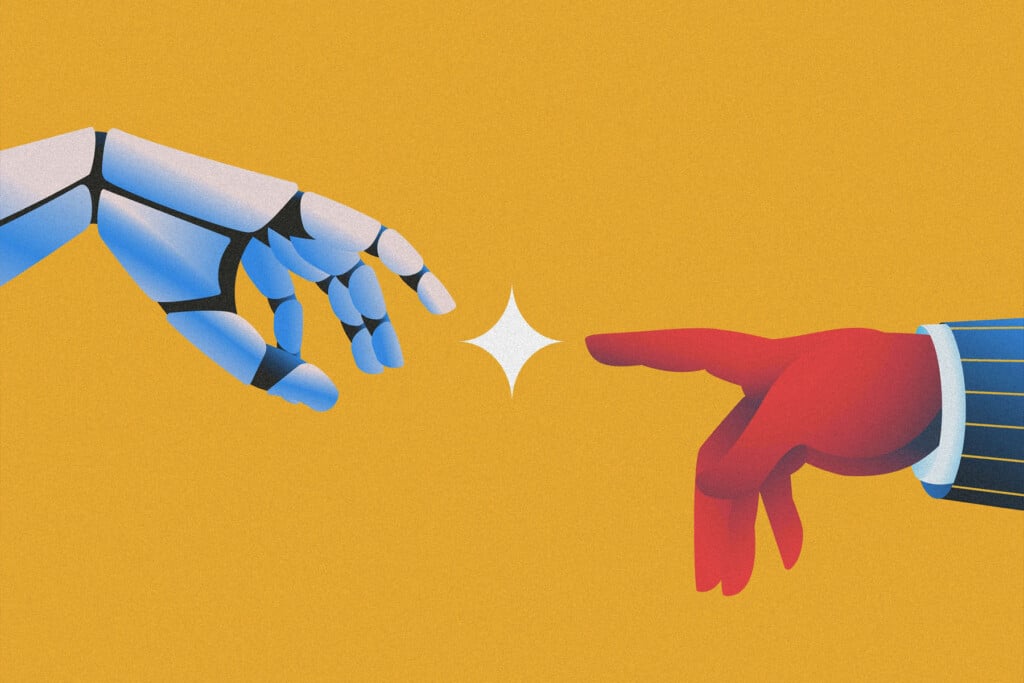Commentary: Why Is It So Hard to Get a Good Night’s Sleep?
Sleep impacts our health, safety and productivity. But getting enough of it can be an elusive goal.

Weather might be the no.1 topic of small talk, but sleep – specifically how much of it we’re not getting – is rising fast based on some of my recent conversations.
Though we can’t change the weather, we can change our sleep habits – in theory. The problem is it’s often hard to get more sleep and many of us who try are failing.
Sleep has recently joined good nutrition and exercise among the broadly accepted foundations of physical and mental well-being. You’ve probably heard that lack of sleep is the new smoking, a designation that, of course, makes people even more anxious about not getting seven hours or more a night.
Everyone has trouble getting enough sleep some of the time, but a 2020 survey by the U.S. Centers for Disease Control and Prevention found that 14.5% of adults had trouble falling asleep most days or every day in the past 30 days. The subgroup with the highest rate of short sleep duration was Native Hawaiians and other Pacific Islanders at 47%.
This is not just a personal and health care issue, it’s also a business issue. A 2022 Gallup report estimated that the American economy loses $44.6 billion annually in unplanned absenteeism as a result of workers’ poor sleep. A 2010 report in the Journal of Occupational and Environmental Medicine estimated that workers who don’t get enough sleep each cost their businesses an average of $1,967 a year in reduced productivity.
Young Adults Suffer the Most
That Gallup report, called “The State of Sleep in America,” is a good overview of how broad the sleep problem is. Based on a survey of 3,000 Americans, it found that “over half (55%) of Americans cite getting a good night’s sleep as a ‘major priority’ on an average weekday – prioritizing it more than many other lifestyle factors, such as spending time with family and friends (45%) or eating healthy (40%).”
Despite that emphasis on getting a good night’s sleep, the Gallup report found that:
- 1 in 3 (33%) survey respondents described their sleep last night as “fair” or “poor.”
- 81% of them said “mental activity – thinking, mind racing or feelings – has prevented them from having a good night’s sleep.”
- Insufficient sleep is worst among young adults: 38% of them said their sleep was only fair or poor last night in each of the three youngest age categories: 18-29, 30-39 and 40-49.
I recommend reading Staff Writer Chavonnie Ramos’ report on traffic deaths in Hawai‘i. Though less of a killer than speeding and drunken and distracted driving, drowsiness is a significant factor in traffic crashes, especially in Hawai‘i.
A 2013 CDC report found that 5.7% of Hawai‘i drivers reported falling asleep while driving during the past 30 days, the highest rate in the poll after Texas. That report was based on responses from nearly 150,000 drivers in 19 states and the District of Columbia.
Let Your Brain “Breathe”
The same things that lead to good health in general also contribute to a good night’s sleep: a nutritious diet, exercise, and no smoking or alcohol. Beyond that, a lot of research has shown that CBT – cognitive behavioral therapy – can help improve sleep. Unfortunately, it is not a quick fix.
But if it’s a quick fix you seek, here’s one that might work. Just keep in mind, I can offer no scientific evidence about its effectiveness. I just know it works for me.
When I’m exercising, I focus on the workout and otherwise try to let my brain “breathe.” That means I avoid earbuds, conversation and other distractions except for short breaks. That’s essential while ocean swimming and paddling, but I also do it while weightlifting, hiking or walking.
Without distractions, my mind focuses on the moment but also lets in the anxieties and distressing thoughts that we usually try to escape. I let those thoughts in while exercising, when my mind and body can best defuse them. For me, that makes those thoughts less powerful and prevalent later when I’m trying to fall asleep.





